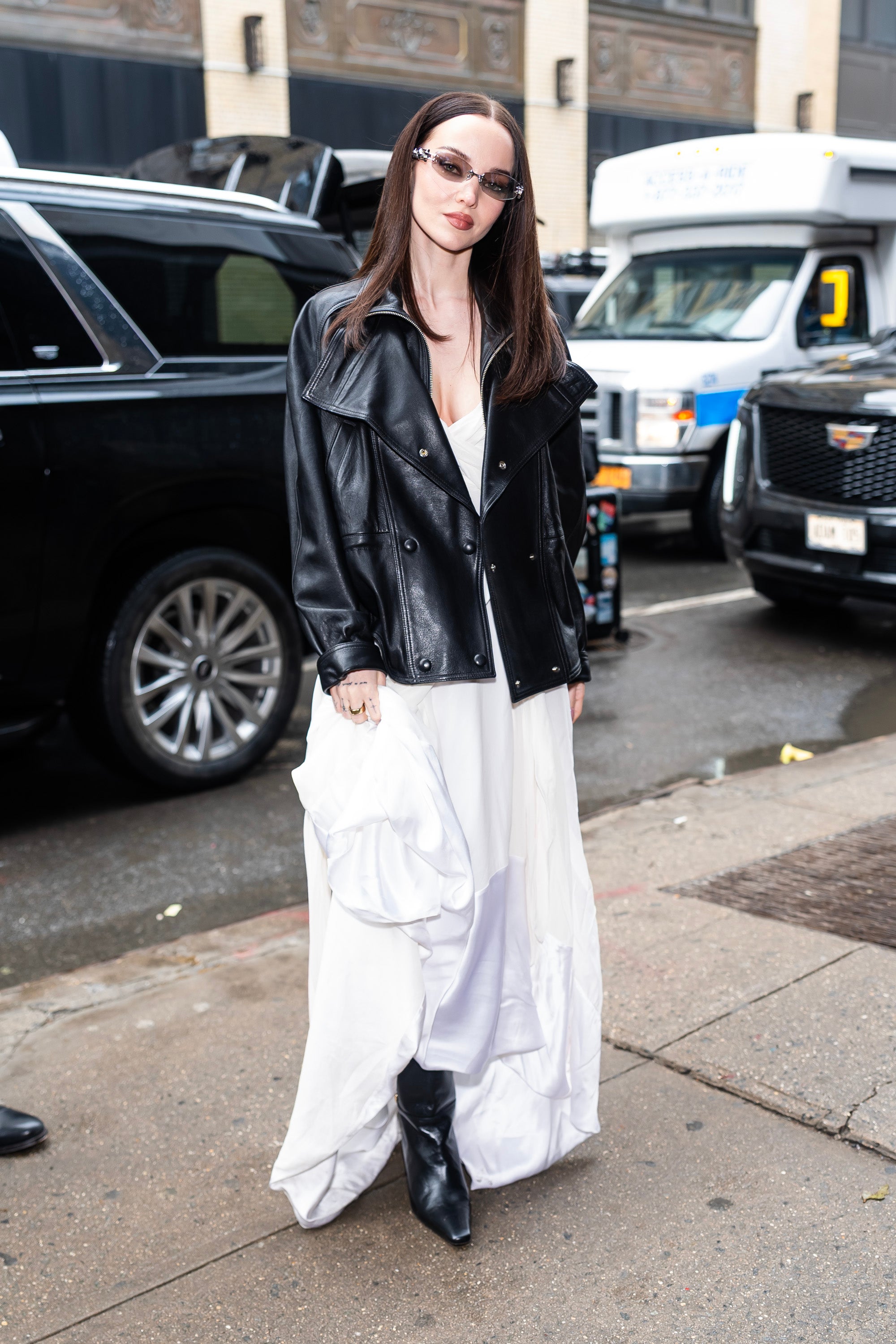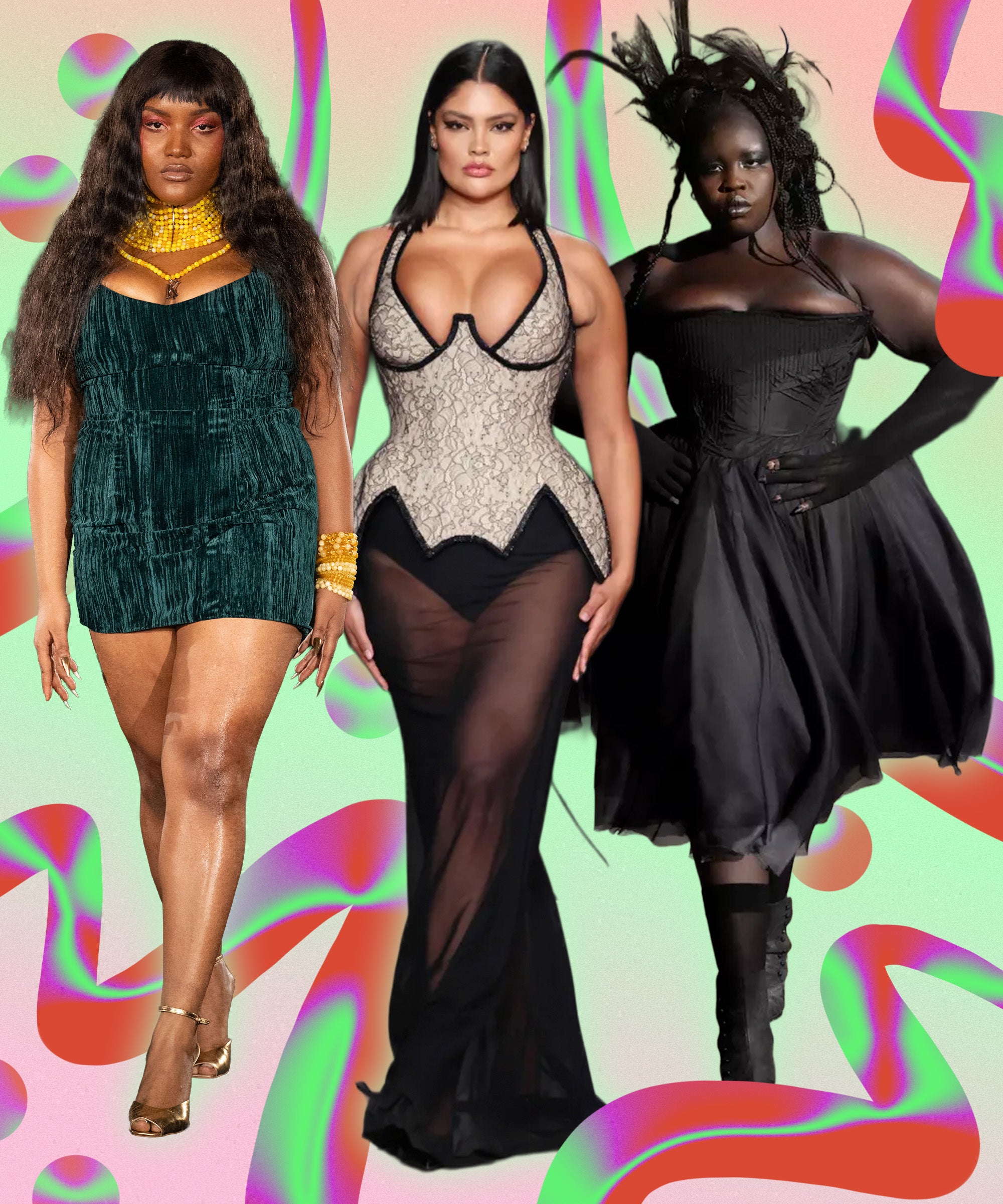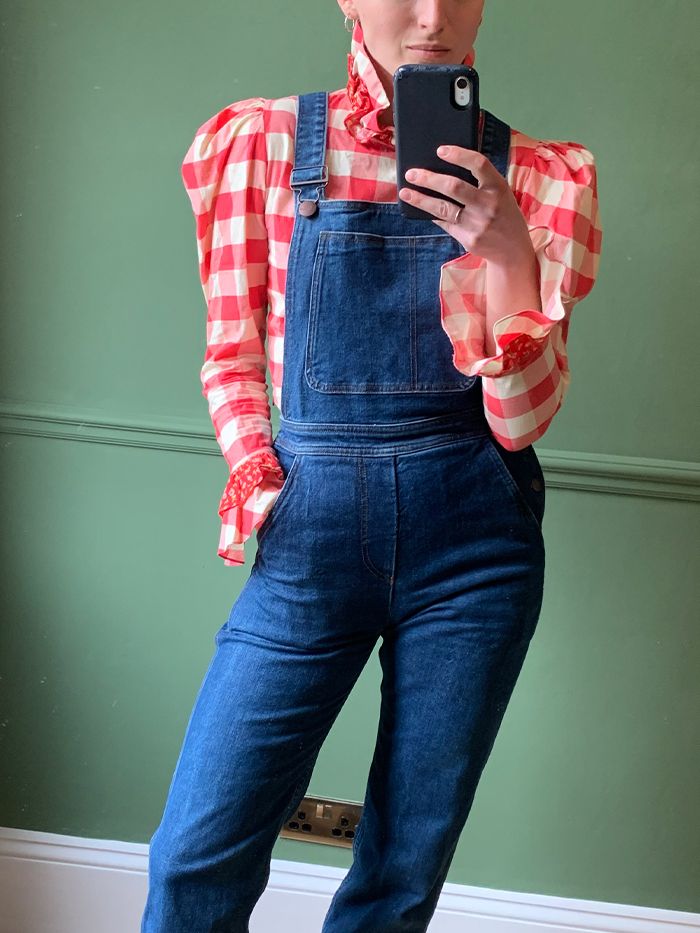
According to market research company GWI, 60% of consumers in the US and UK say the high cost of eco-friendly products is a barrier to purchasing them, and I totally get it, I’m a fashion editor and even I have struggled to find sustainably minded brands that feel accessibly priced. Honestly, that’s why I’ve always loved the comparative simplicity of shopping vintage. But then last autumn I was sent a press release about a new sustainable brand: Seventy + Mochi, and guess what? It was actually affordable.
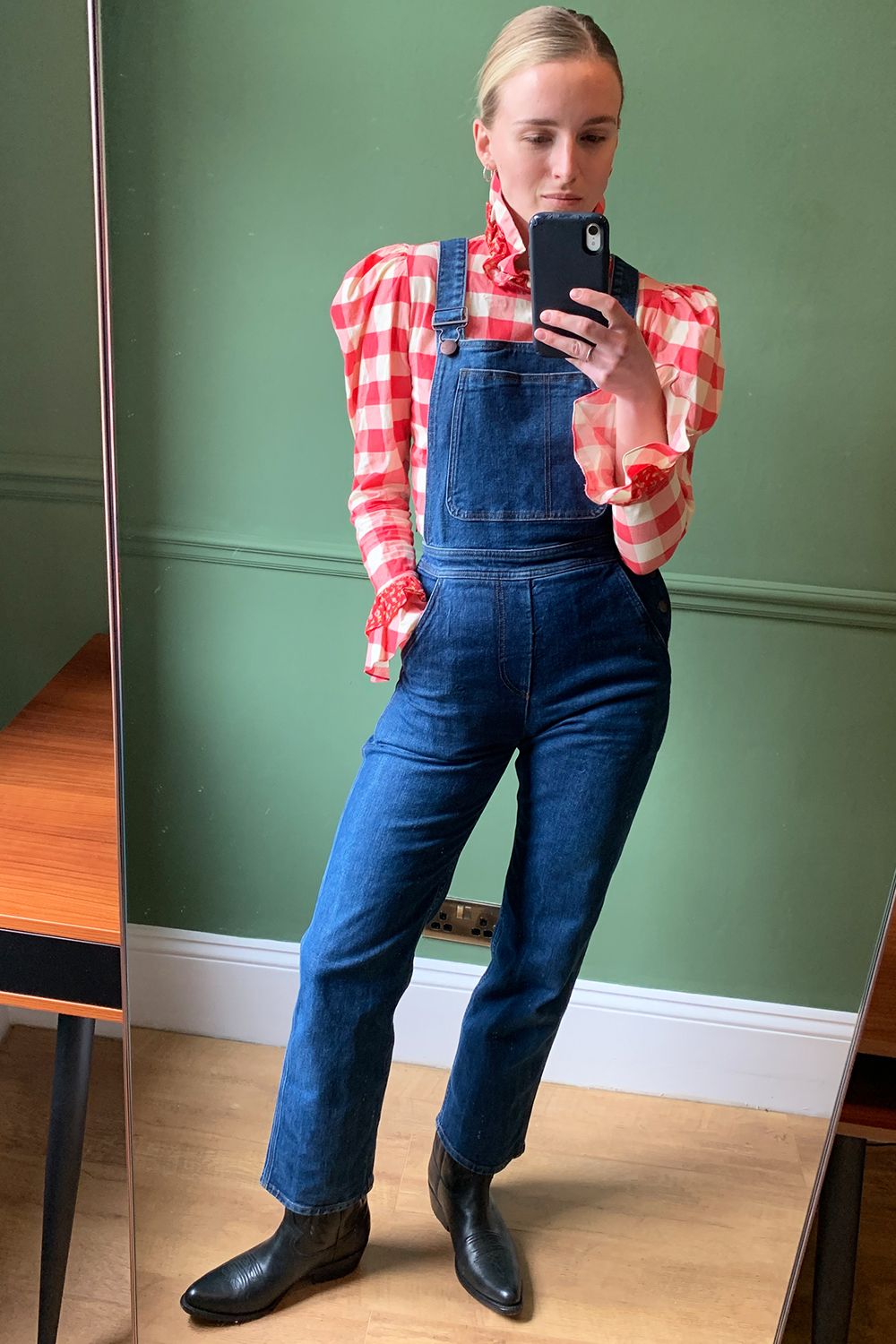
With accessories starting at £15 and ready-to-wear pieces from £55, the brand roughly sits in the same price category as the likes of & Other Stories, Whistles and Arket. I was instantly sold on the brand’s nostalgic take on wardrobe basics, which included cropped-flare dungarees, ruffle collar blouses and high-waisted denim. I was kindly sent a pair of the brand’s Suki Dungarees and have been wearing them constantly with both ribbed roll necks and collared blouses.
Seventy + Mochi is dedicated to producing its collections out of recycled materials in limited quantities at its own facilities and selling direct to customers to ensure minimal impact on the planet. The brand is also part of the Jeans Redesign Project, an initiative launched by the Ellen Macarthur foundation which aims to tackle waste and pollution associated with conventional jeans production. Oh, and a recycling scheme is also offered for the brand’s old jeans in exchange for 15% off your next purchase. It’s a win-win, really. You can read more about the brand’s sustainability mission here.
I sat down (digitally anyway) with Haya Iqbal Ahmed, Founder of Seventy + Mochi, to find out more about the inspiration behind the brand.

What inspired you to launch Seventy + Mochi?
I grew up in a family that has been in the textile business since 1949. My grandfather started off with a small apparel shop selling handicrafts—shop 70 on Mochi Lane—and over the decades the company has grown into a fully vertical apparel manufacturing business. Studying both business and fashion, I was inspired to create something to honour this heritage and use the expertise in apparel manufacturing, but I was conscious of doing it kindly.
Being so close to the supply chain, I could identify the choices a brand can make to lower their impact and I wondered why fashion had to come at the expense of damaging the environment. Our denim mill is a pioneer in recycled cotton denim and invests heavily in water and energy-saving processes. I consider myself lucky to be positioned in a place where Seventy + Mochi can create affordable, sustainable fashion and make it a reality for a large portion of the consumer market.
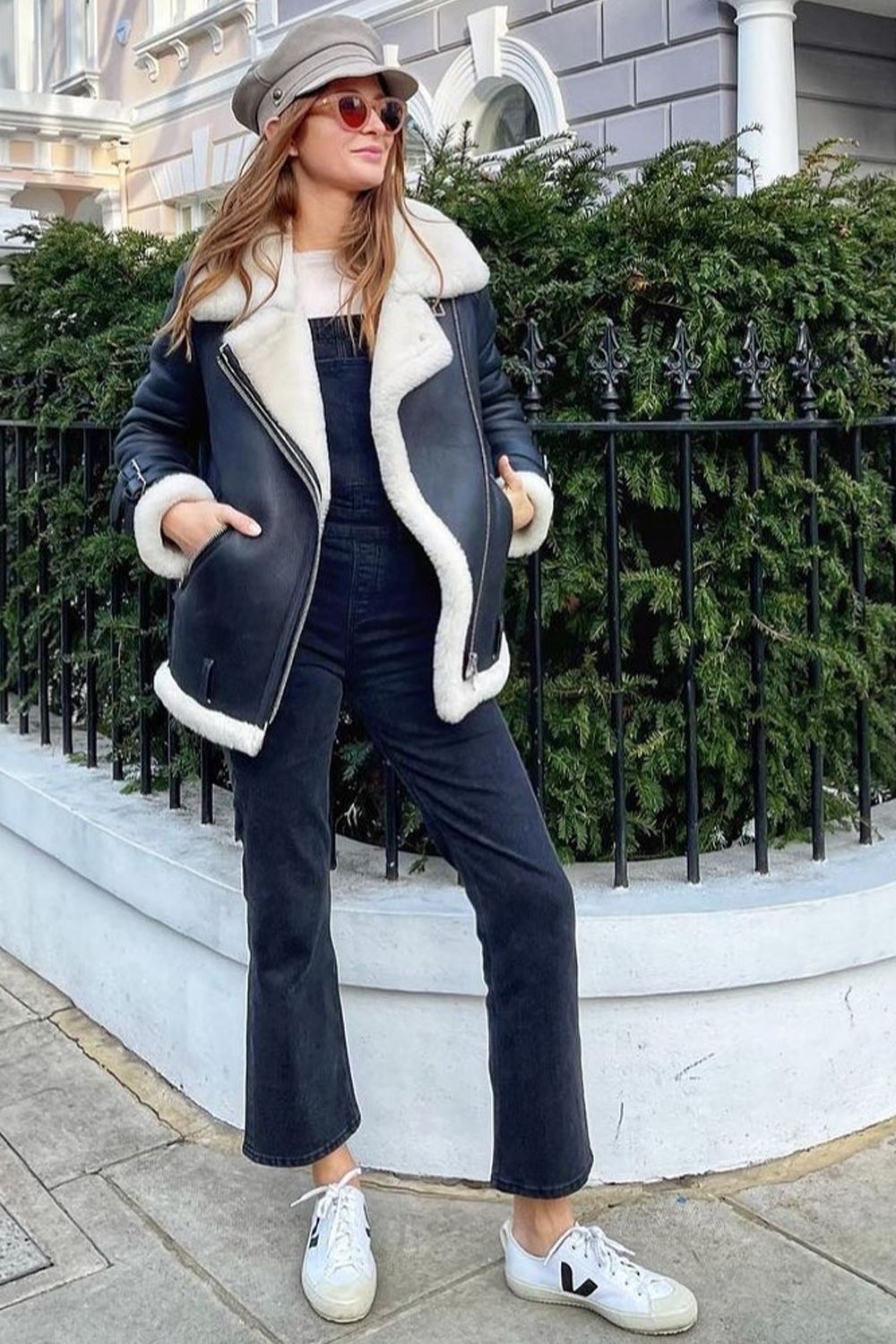
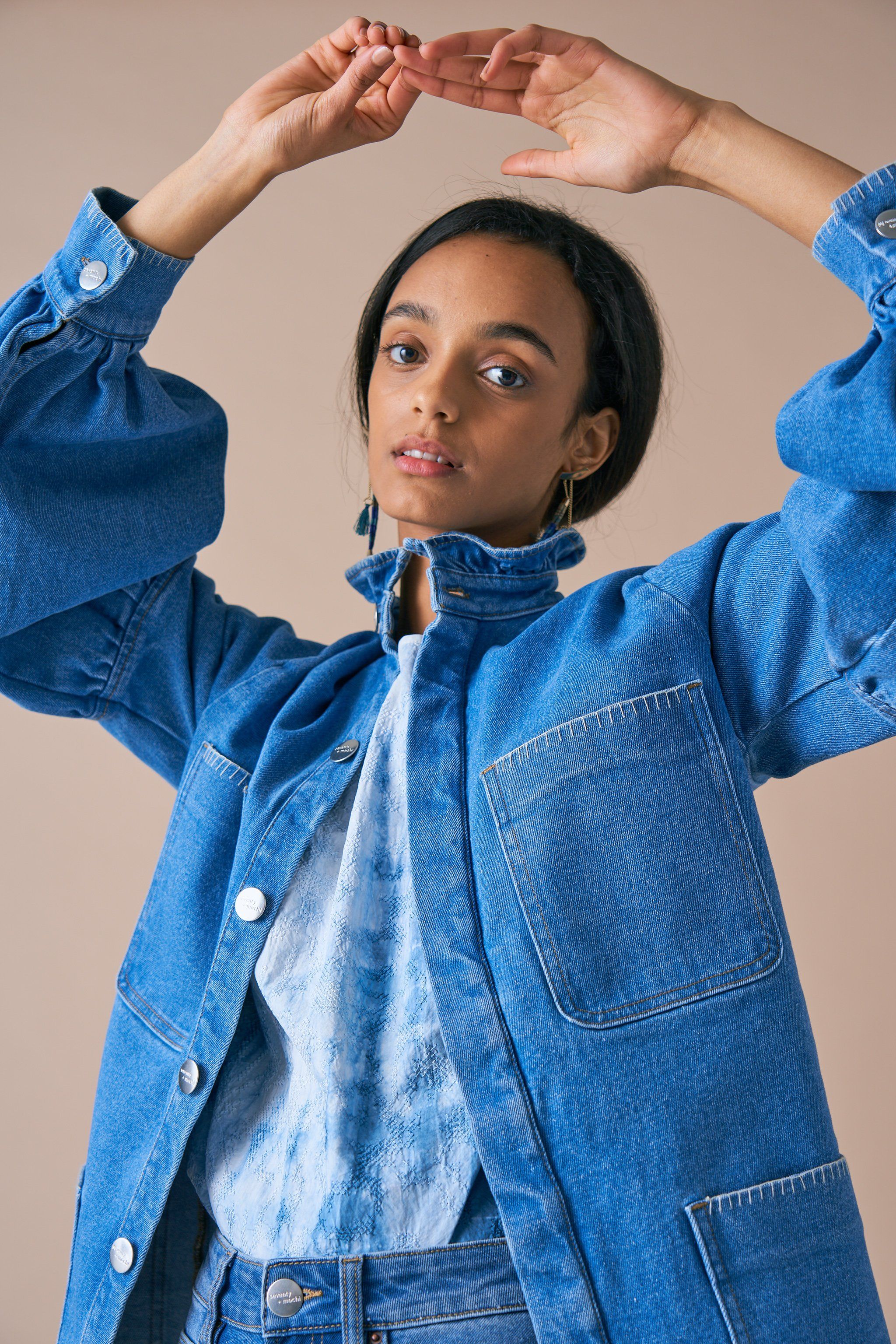
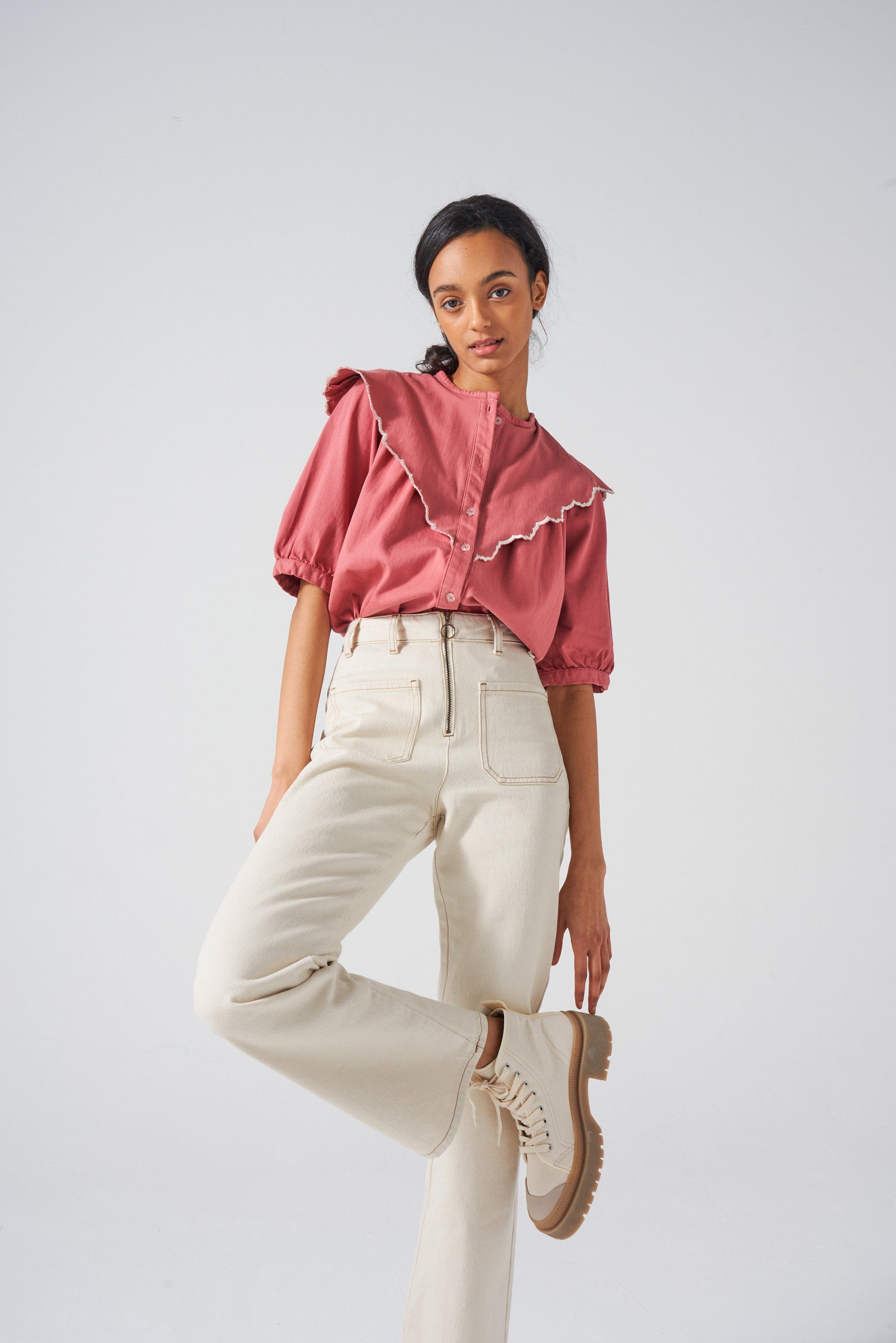
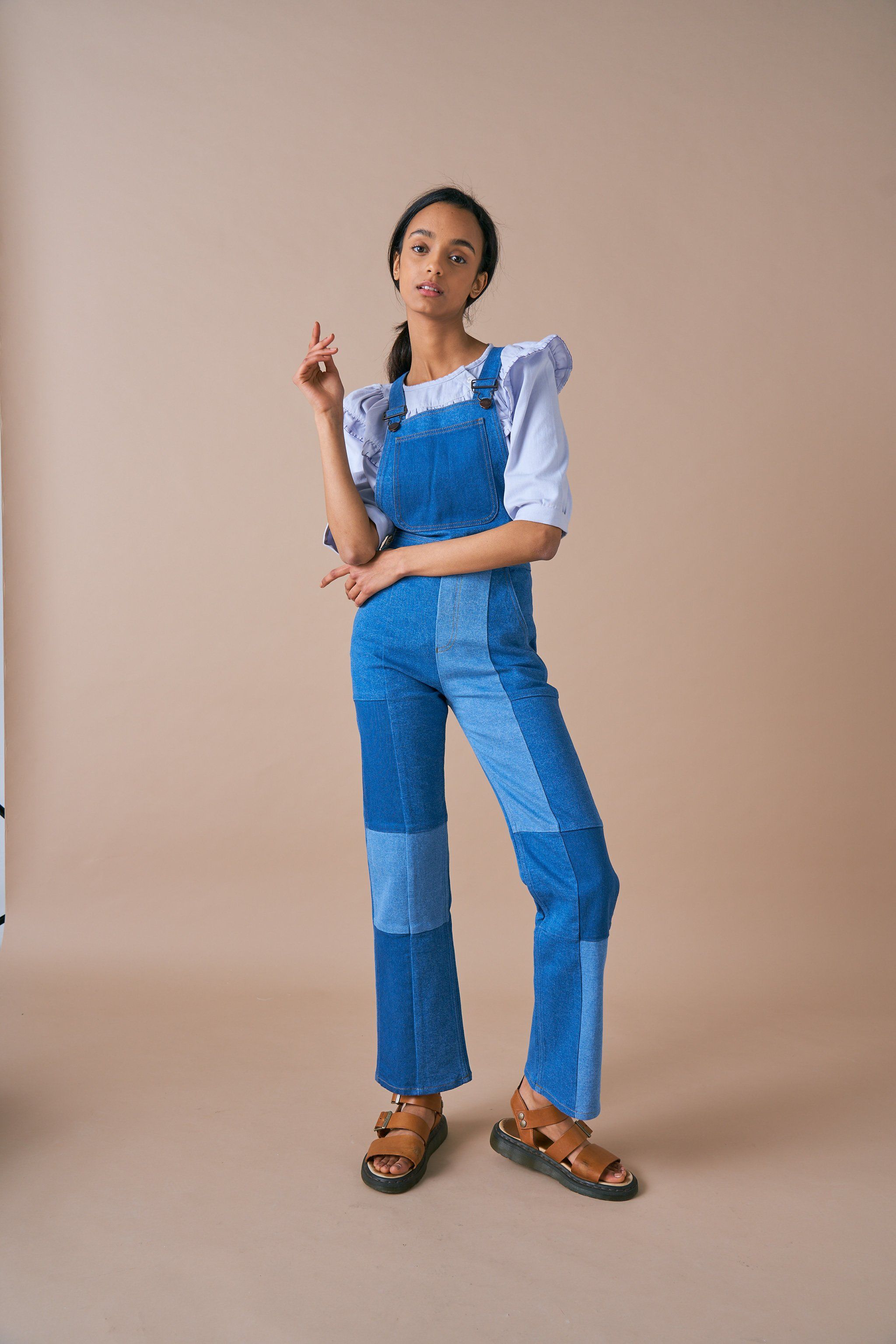
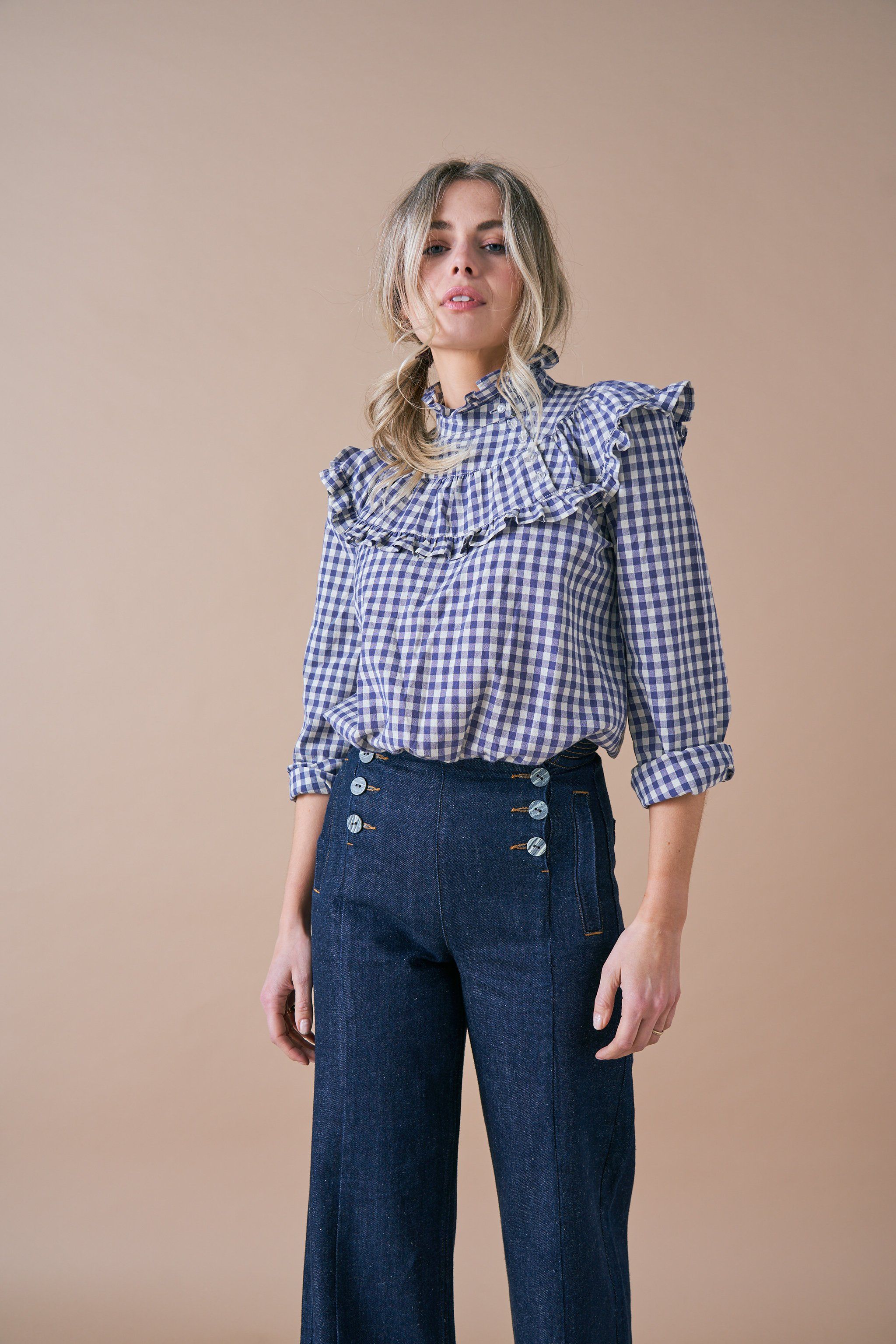

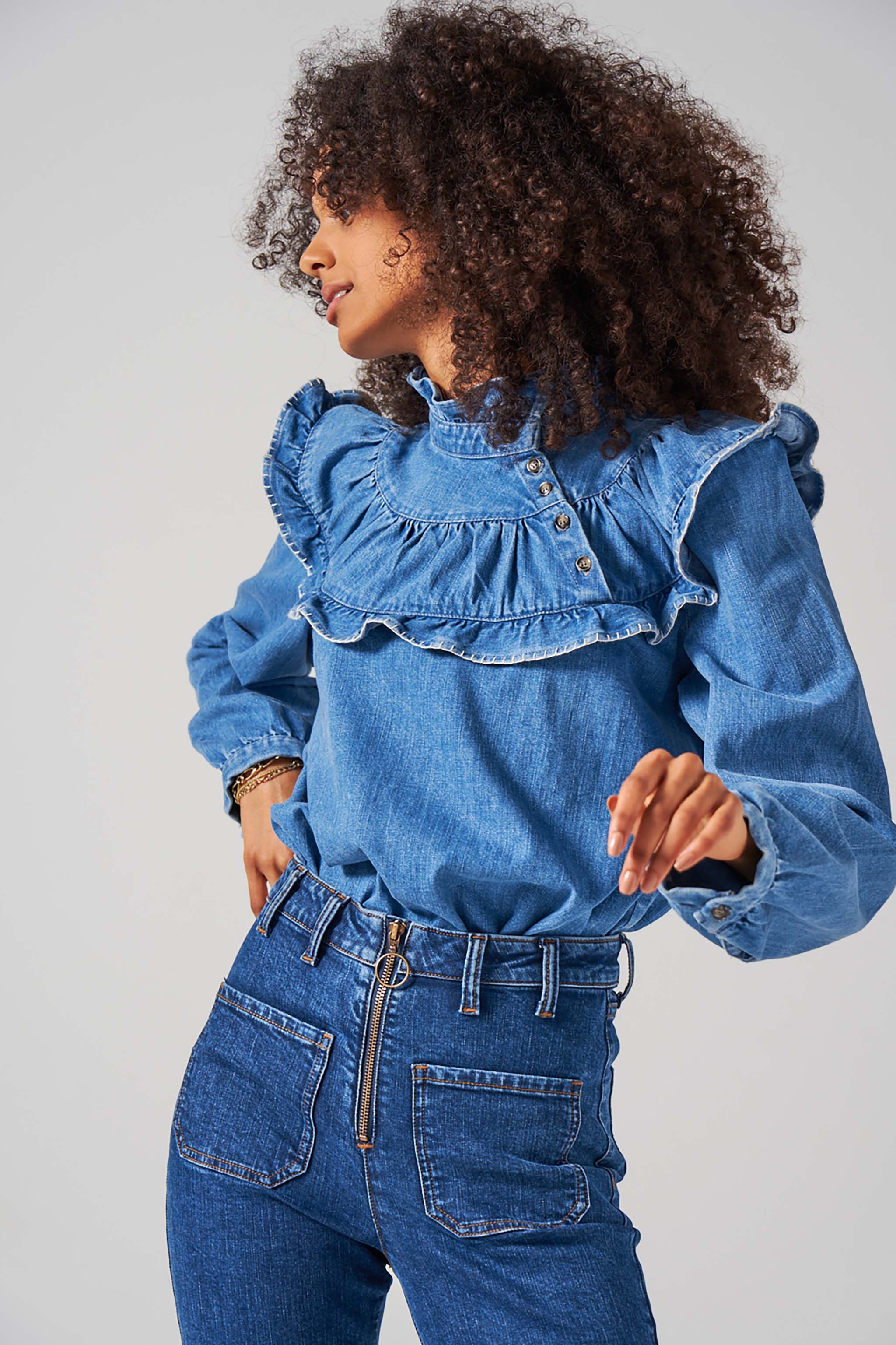
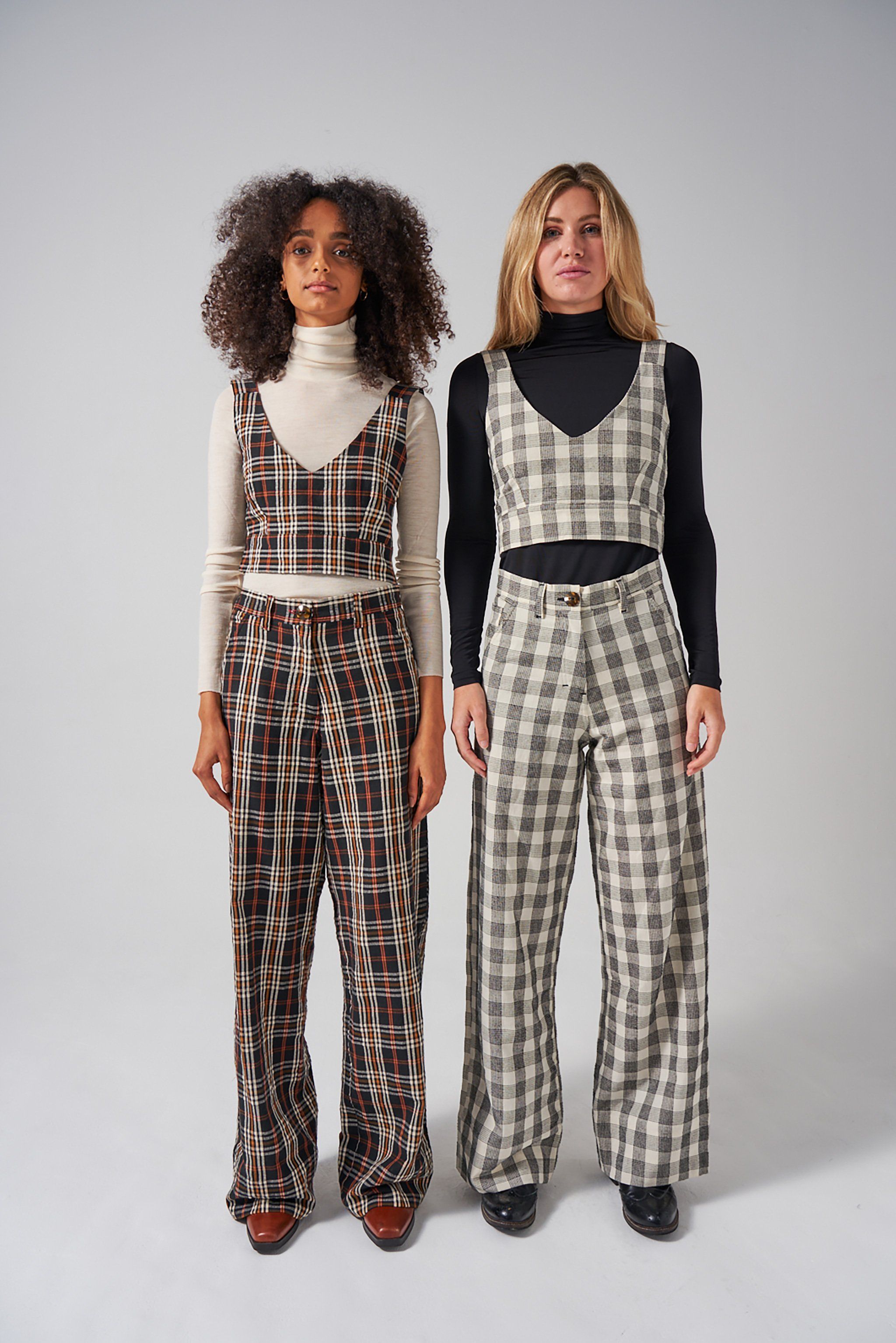
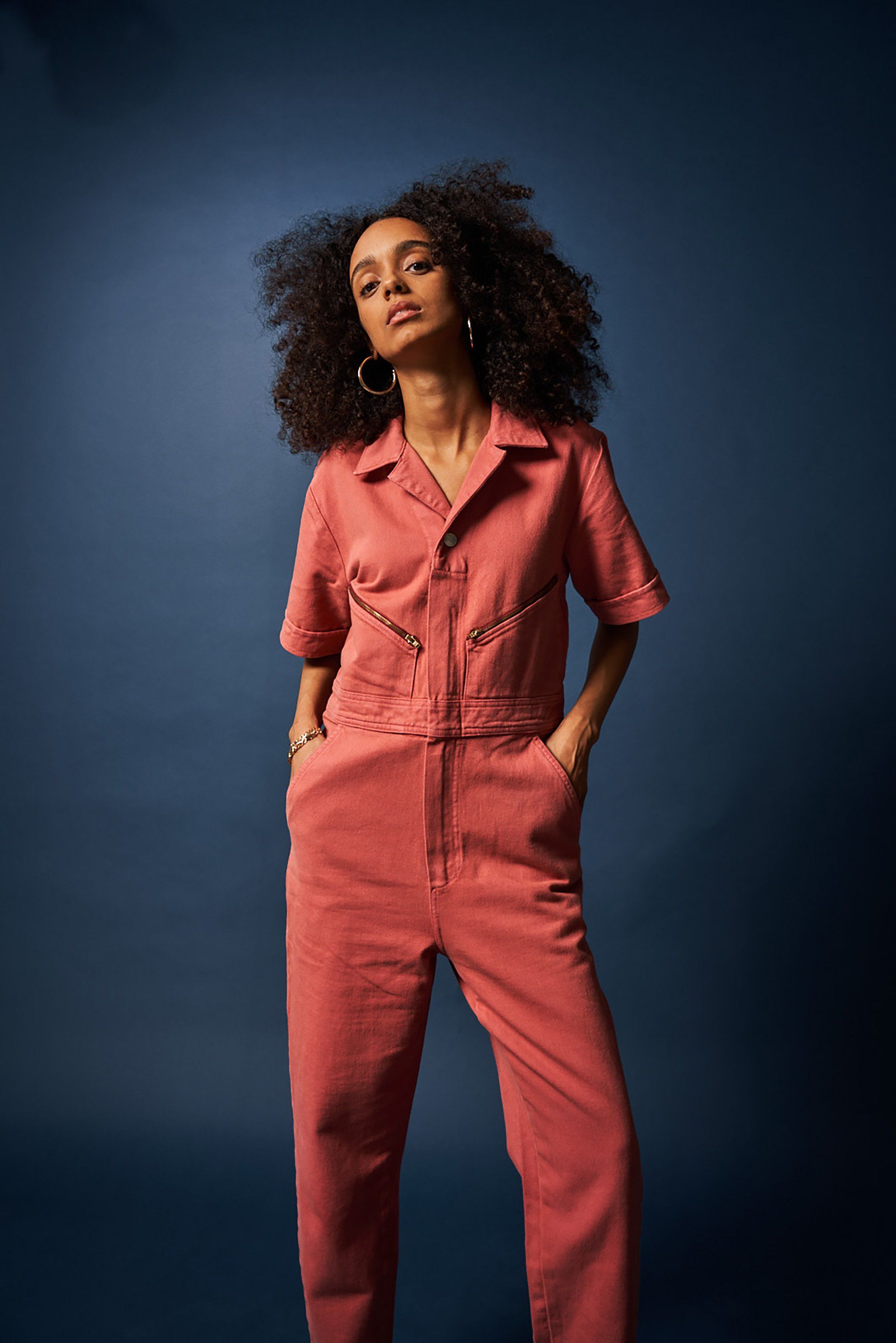
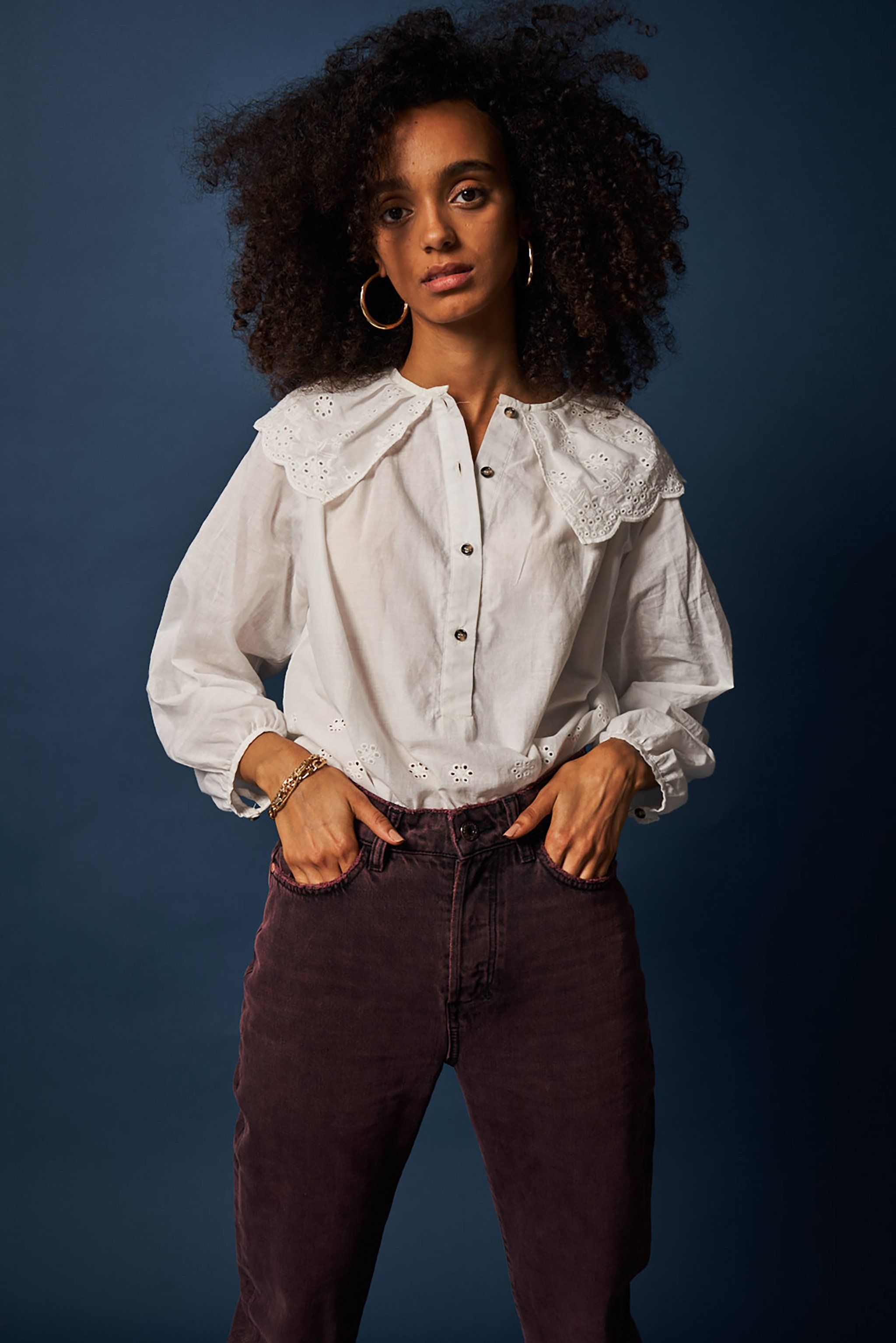
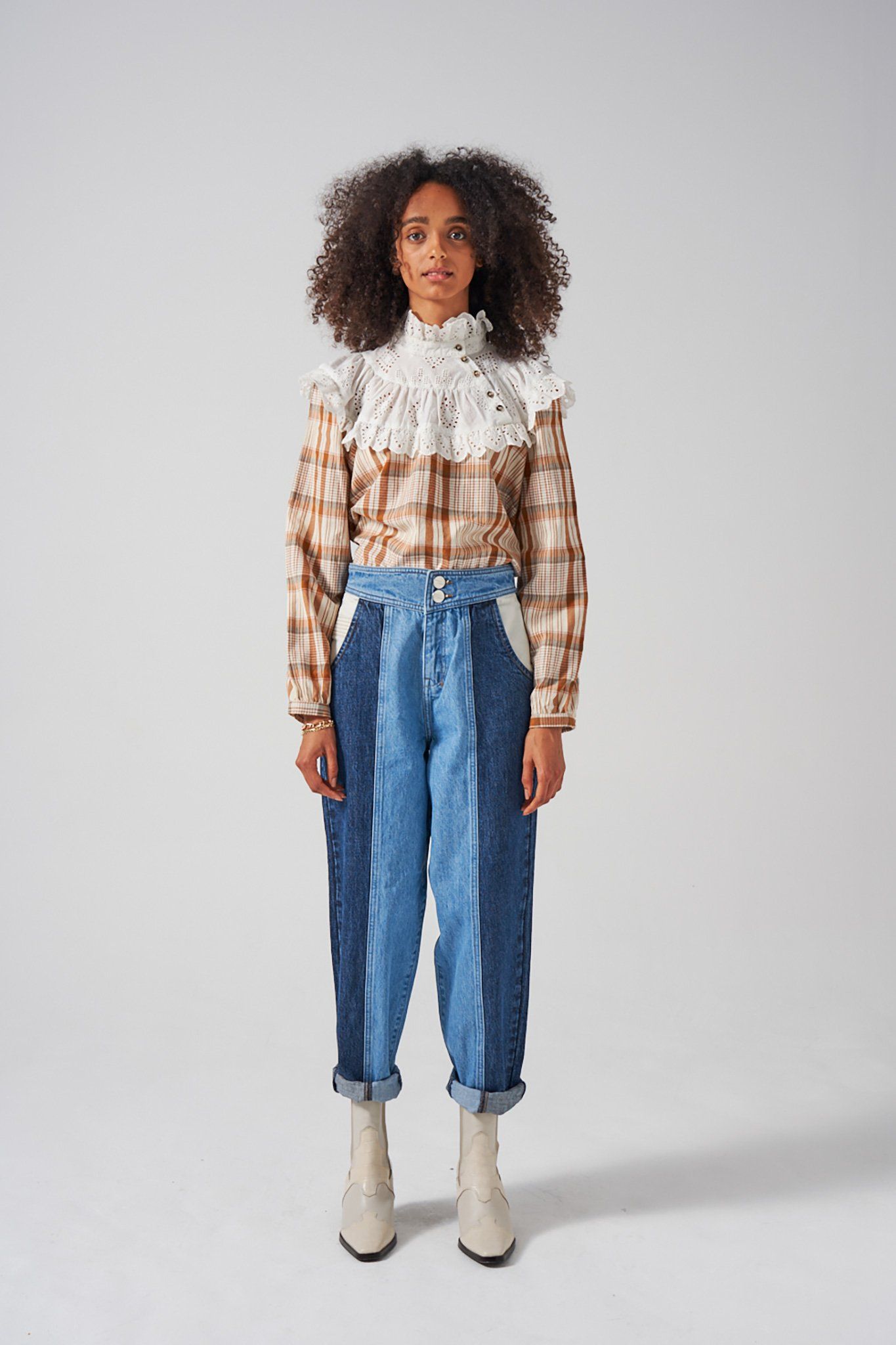
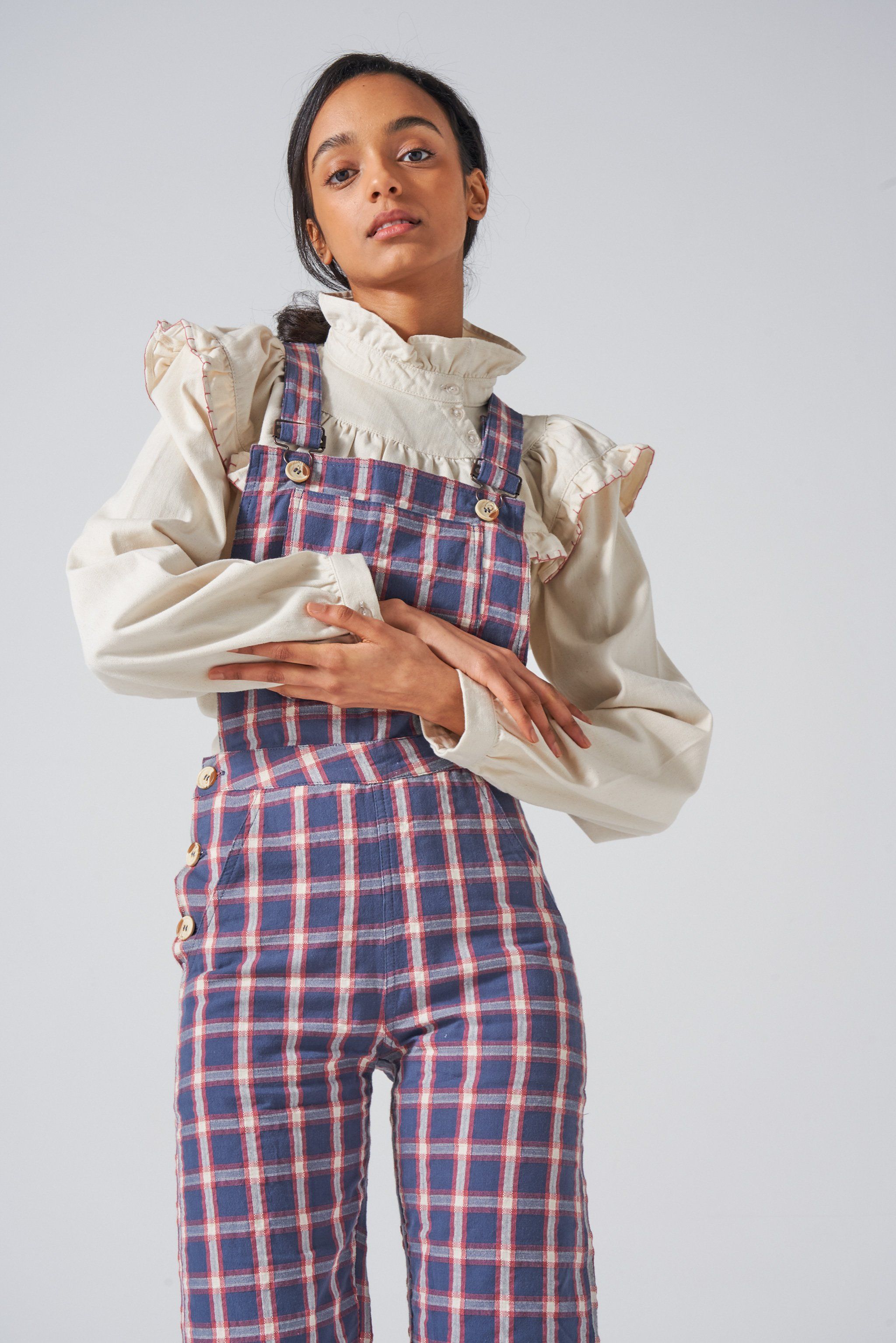
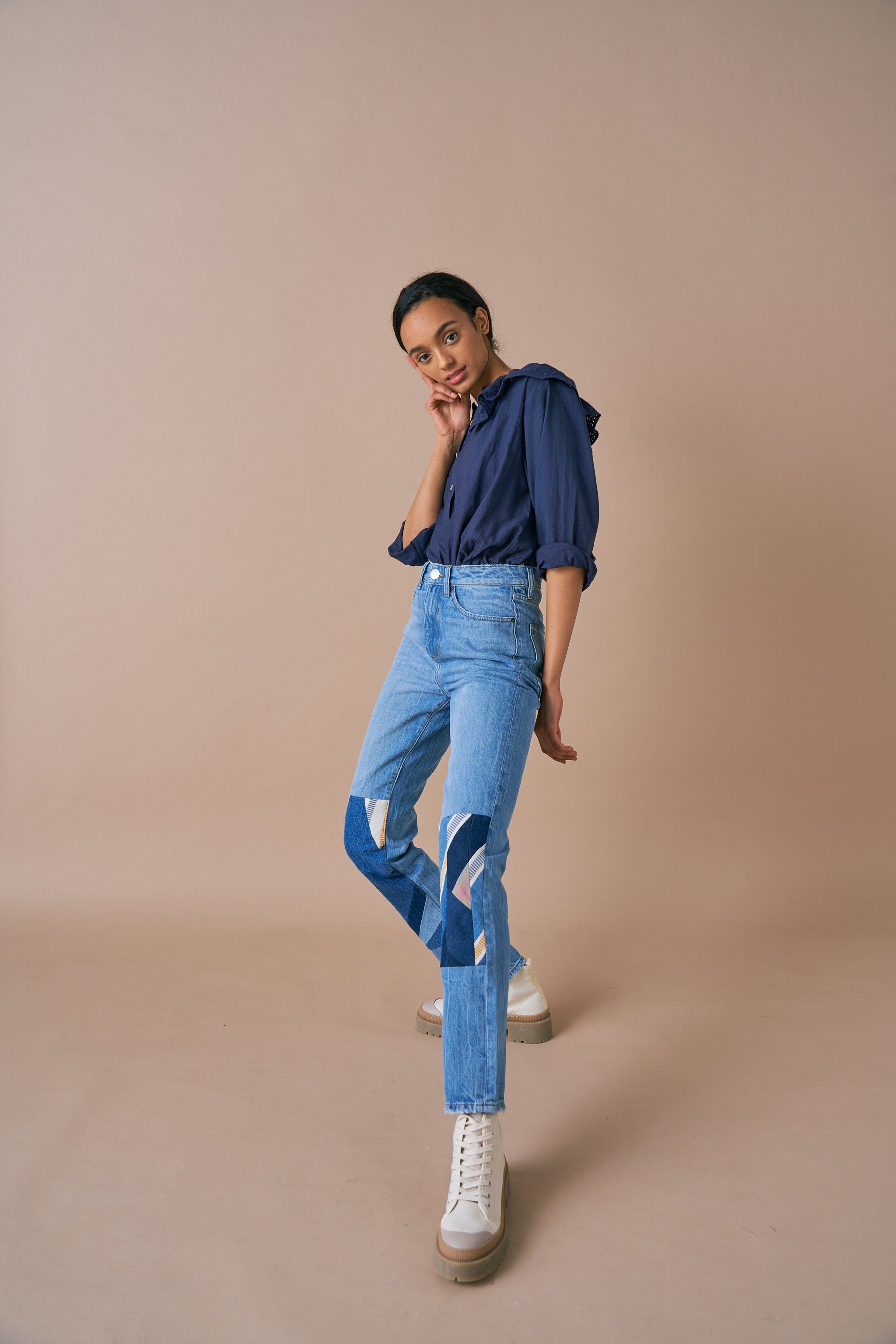
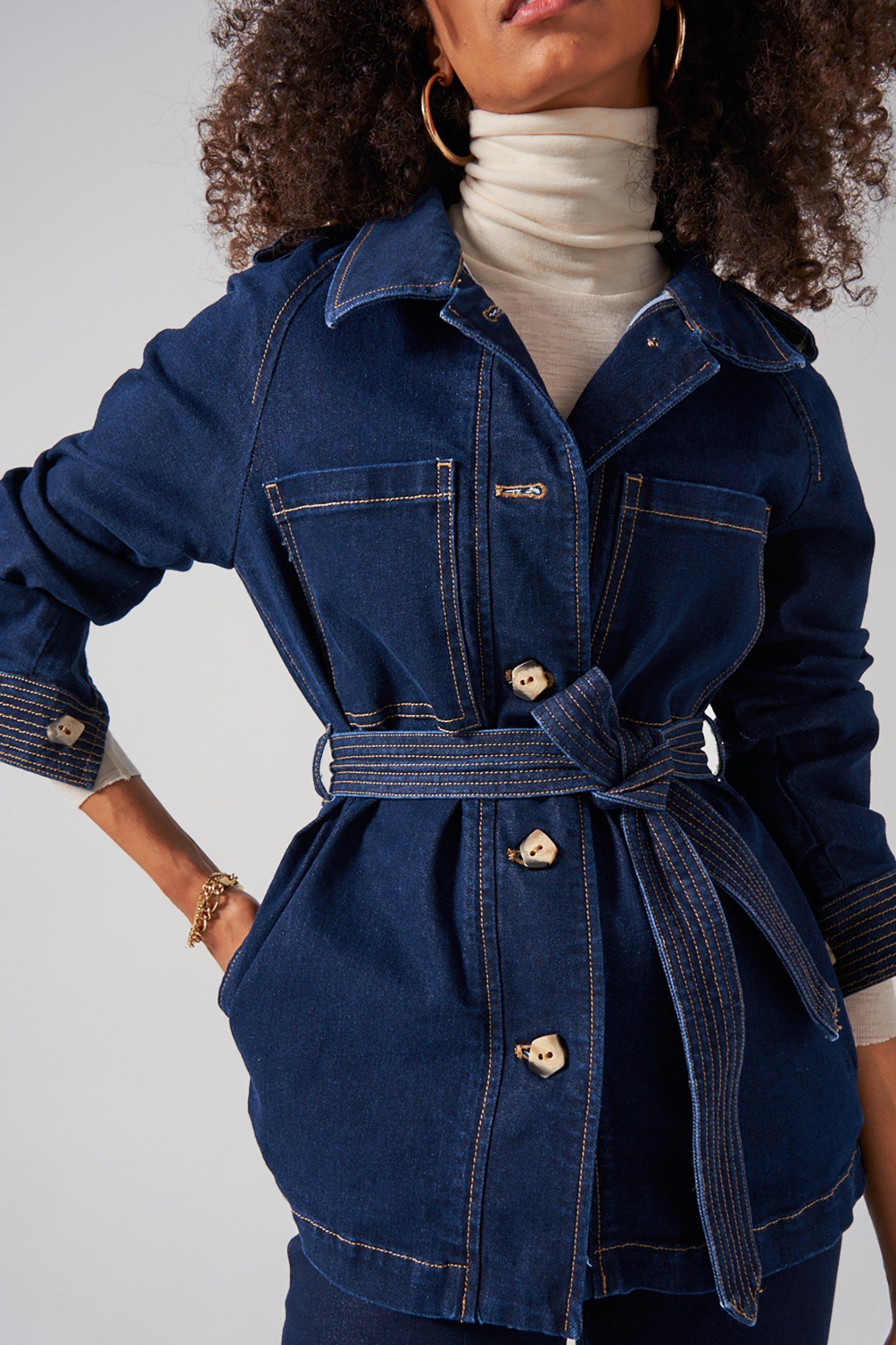
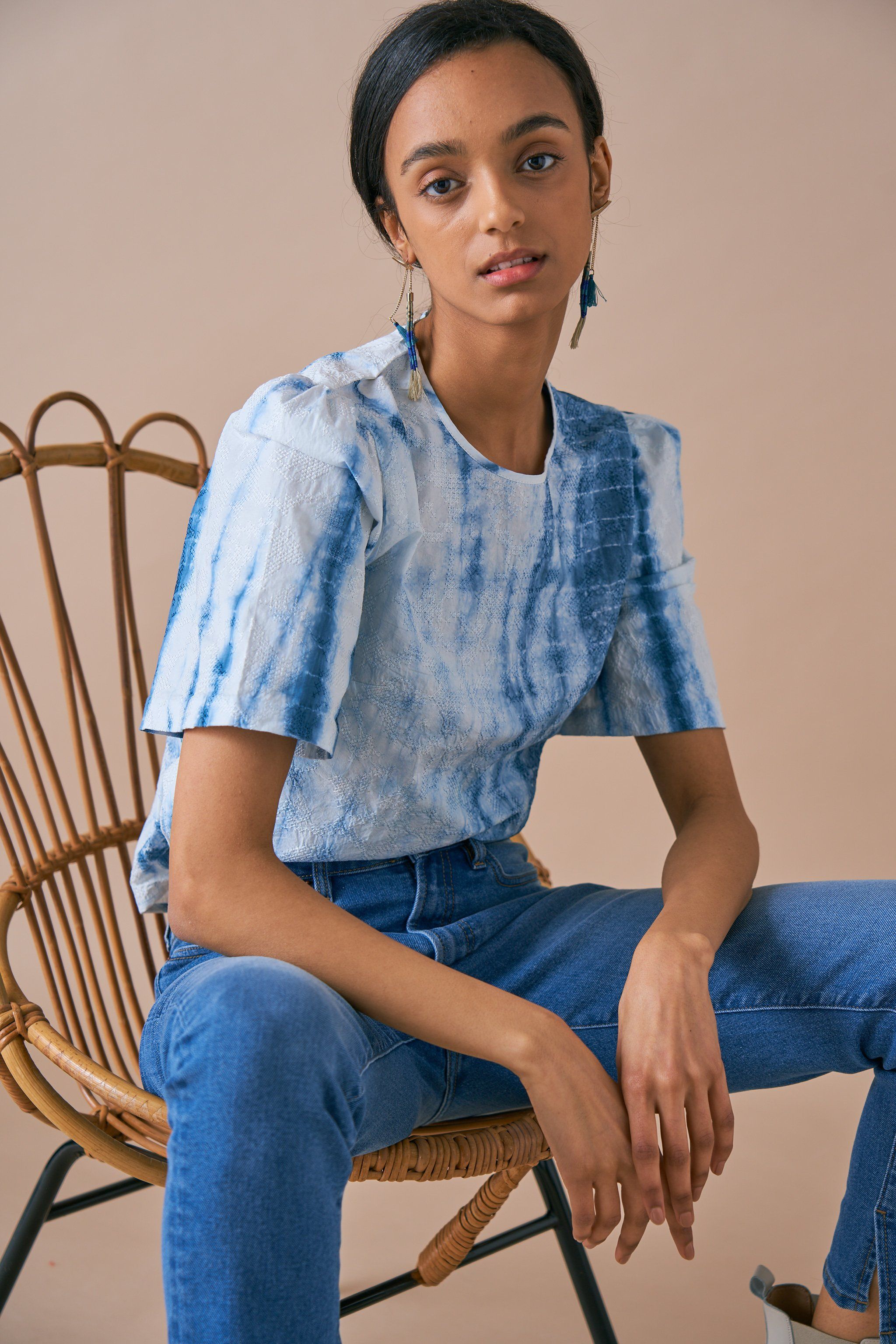
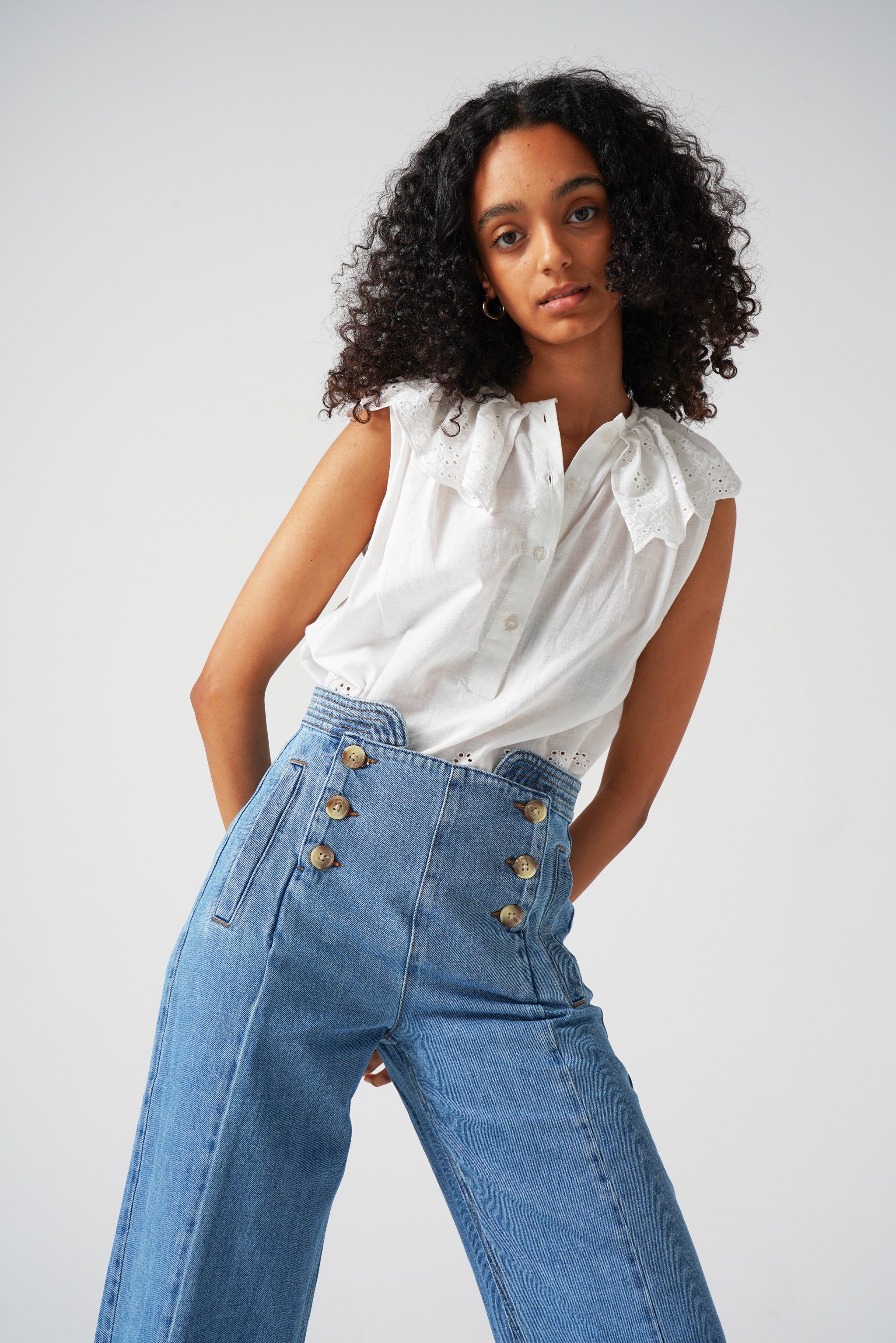
Up Next: 25 Sustainable Brands Our Editors Champion Every Day of the Year


